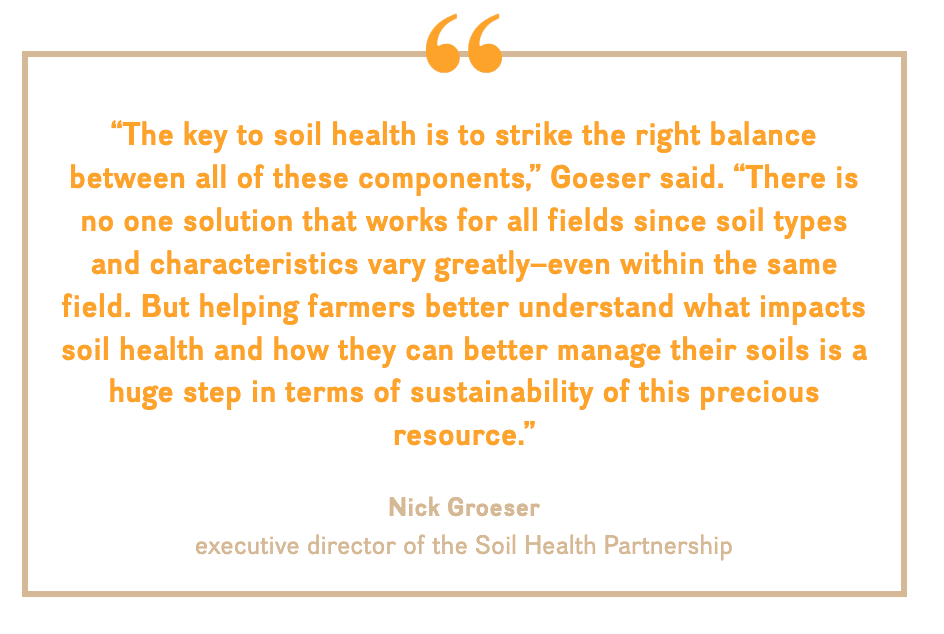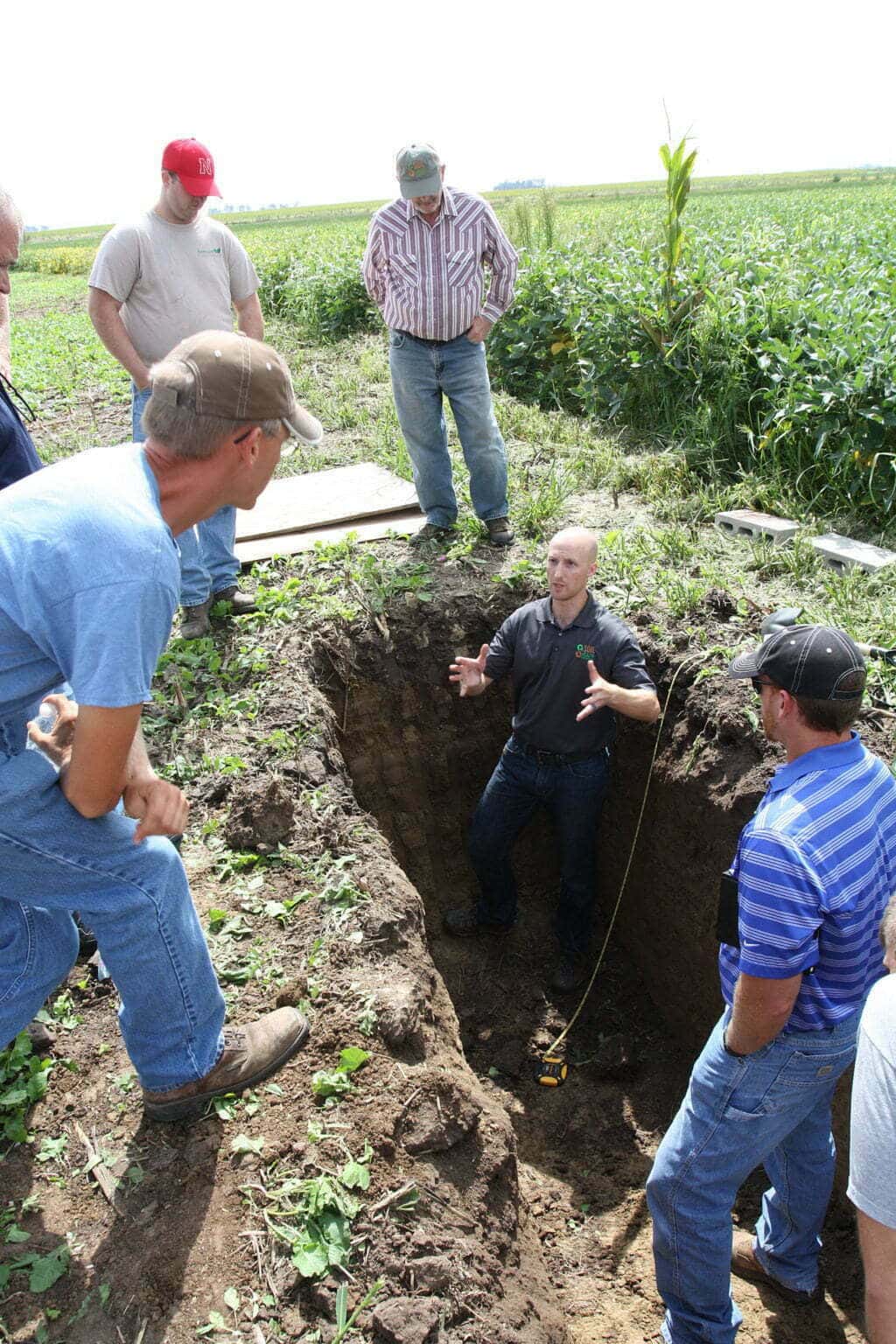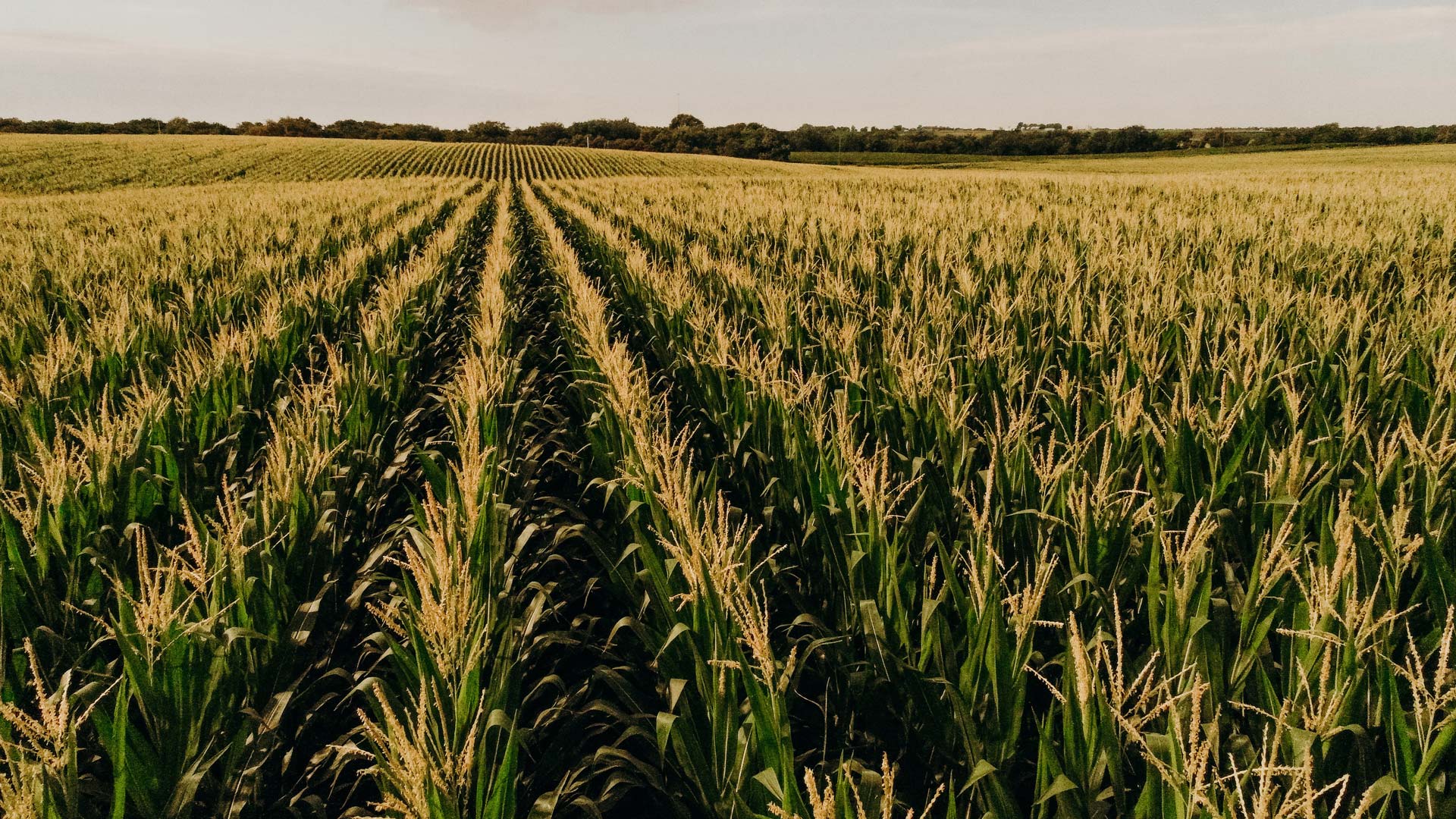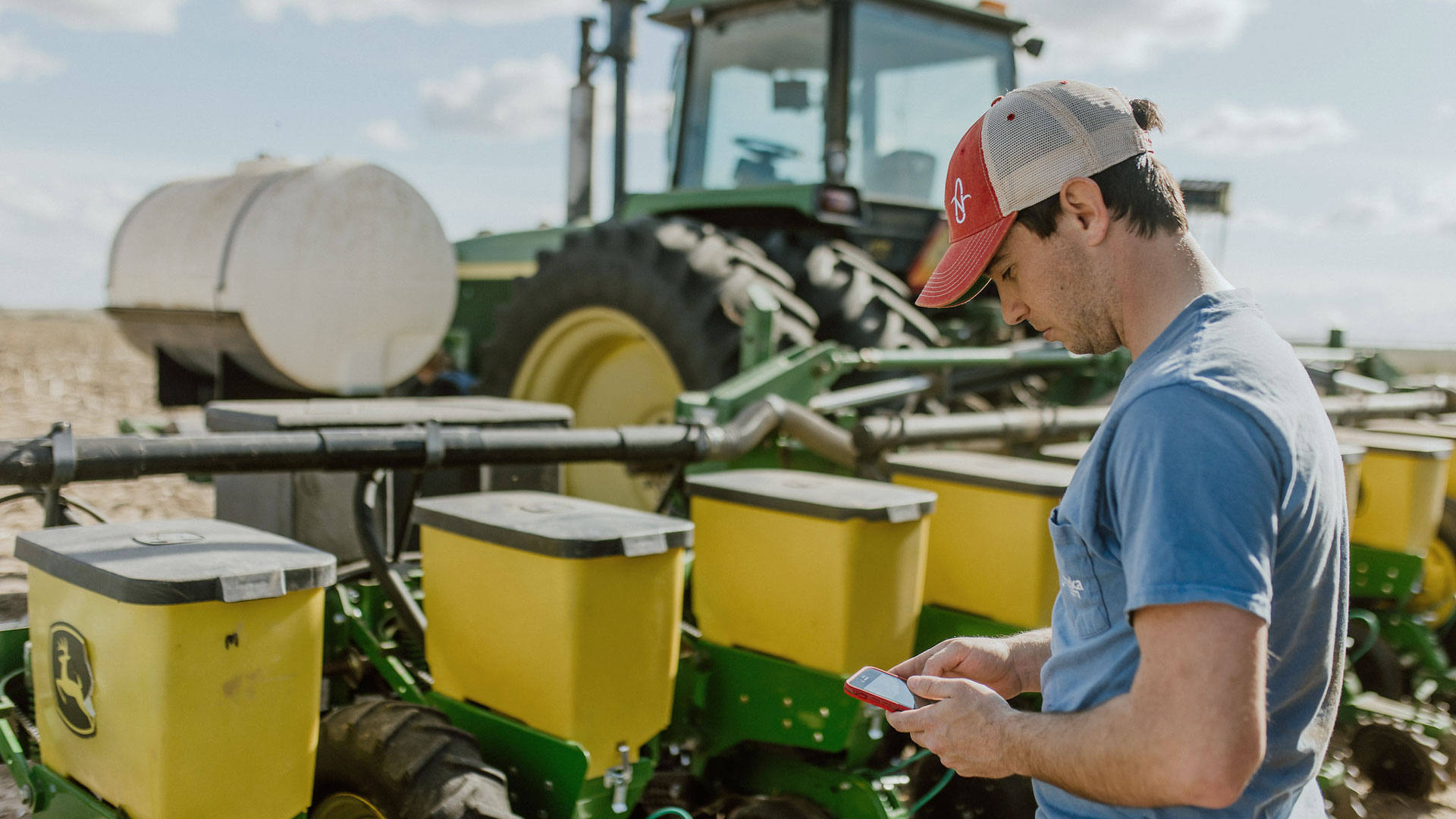“The key to soil health is to strike the right balance between all of these components.”

Physical: The ability of the soil to hold water; the
overall stability of the aggregate; the physical nature of the soil in terms of its texture, structure and compaction.
Biological: The presence of beneficial bacteria and fungi; organic matter such as roots and decaying vegetation; living organisms such as worms and insects.
Chemical: Levels of fertility including nitrogen, phosphorus, potassium and micronutrients; soil pH; and the soil’s cation exchange capacity, a measure of the “electrical” environment within soil that determines its ability to retain water and nutrients.
About 45% of a healthy soil is actually porous space made up of air or water. That’s the space where plant root systems can grow and where beneficial microbes can thrive.






